Home / trending / Google Research Head Yossi Matias Emphasizes the Enduring Importance of Coding in the Age of AI
Google Research Head Yossi Matias Emphasizes the Enduring Importance of Coding in the Age of AI
By: My India Times
3 minutes read 94Updated At: 2024-11-21
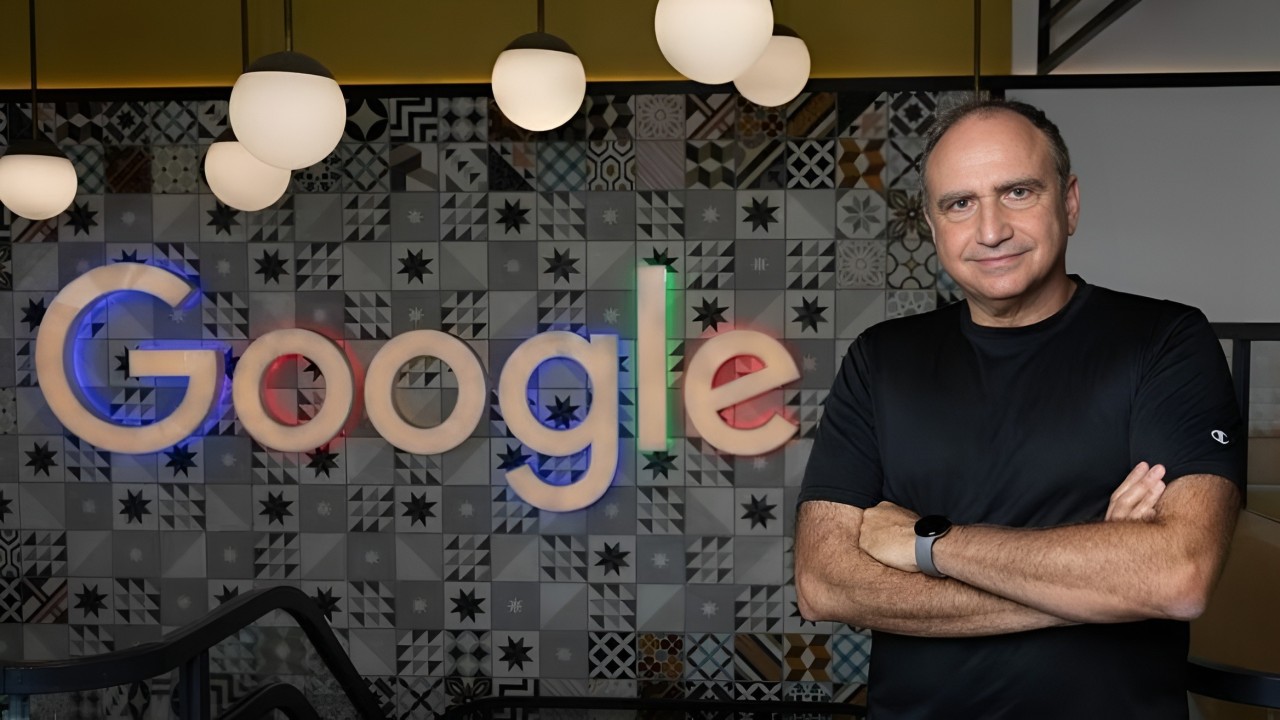
In a world increasingly dominated by artificial intelligence (AI), there has been growing speculation about the future of human roles in technology. However, Yossi Matias, Google’s Head of Research, strongly asserts that coding remains an indispensable skill, and AI is far from replacing human developers. Despite AI’s expanding role in software development, Matias believes that the core principles of programming continue to be crucial for the future of tech innovation.
In an exclusive interview with Business Insider at Google’s New York office, Matias, who also serves as Vice President at Google, clarified that while AI tools are transforming the coding landscape, they are meant to assist rather than replace human expertise. "AI can help with certain tasks, but it can't replace the creativity, critical thinking, and problem-solving abilities that a developer brings to the table," he explained.
The Value of Fundamentals in Programming
Matias highlighted that the foundational principles of coding, such as algorithms, data structures, and logic, are not only the building blocks of programming but are also essential in understanding how AI functions. He argued that AI might augment the coding process, but the ability to understand and solve problems with code is a skill that will continue to be valuable as technology evolves.
“The basic notion of learning the basic disciplines remains as important as ever. Everybody should learn how to code,†Matias emphasized. He pointed out that understanding coding not only allows individuals to create but also equips them to critically analyze the solutions AI tools might provide, ensuring they are used effectively and ethically.
AI as a Tool for Empowerment, Not Replacement
Rather than viewing AI as a replacement for human programmers, Matias encourages developers to see it as a powerful tool that can enhance productivity. From speeding up routine tasks to providing advanced problem-solving capabilities, AI can assist coders, but it still requires human oversight, creativity, and the ability to make ethical decisions in the coding process.
In line with this, Matias also discussed the ethical implications of AI in software development, particularly regarding biases in AI algorithms and the potential for unequal access to technology. As AI tools become more widespread, it is crucial that they are designed and used responsibly, with careful attention to human rights and fairness.
Coding as a Skill for the Future
Matias made a compelling case for why coding is not just for professional developers but for everyone in the modern world. He noted that the ability to code fosters problem-solving skills, logical thinking, and a deeper understanding of the digital systems shaping our lives. Whether it’s for improving personal tech literacy or pursuing a career in technology, the fundamentals of coding are becoming a vital life skill.
“Learning how to code is not just about writing software—it’s about thinking critically, understanding the systems around us, and contributing to the ongoing digital transformation of society,†said Matias.
Human Rights and Ethical AI Development
While AI technologies present tremendous potential, Matias also raised concerns about ensuring these tools are developed with inclusivity and human rights in mind. As AI becomes more integrated into everyday technology, it’s essential to ensure that the development process reflects diverse perspectives and avoids biases that could perpetuate inequality.
In light of this, Matias urged developers and organizations to prioritize ethical guidelines in AI programming, ensuring that human dignity, privacy, and fairness are at the forefront of technological progress.
....In a world increasingly dominated by artificial intelligence (AI), there has been growing speculation about the future of human roles in technology. However, Yossi Matias, Google’s Head of Research, strongly asserts that coding remains an indispensable skill, and AI is far from replacing human developers. Despite AI’s expanding role in software development, Matias believes that the core principles of programming continue to be crucial for the future of tech innovation.
In an exclusive interview with Business Insider at Google’s New York office, Matias, who also serves as Vice President at Google, clarified that while AI tools are transforming the coding landscape, they are meant to assist rather than replace human expertise. "AI can help with certain tasks, but it can't replace the creativity, critical thinking, and problem-solving abilities that a developer brings to the table," he explained.
The Value of Fundamentals in Programming
Matias highlighted that the foundational principles of coding, such as algorithms, data structures, and logic, are not only the building blocks of programming but are also essential in understanding how AI functions. He argued that AI might augment the coding process, but the ability to understand and solve problems with code is a skill that will continue to be valuable as technology evolves.
“The basic notion of learning the basic disciplines remains as important as ever. Everybody should learn how to code,†Matias emphasized. He pointed out that understanding coding not only allows individuals to create but also equips them to critically analyze the solutions AI tools might provide, ensuring they are used effectively and ethically.
AI as a Tool for Empowerment, Not Replacement
Rather than viewing AI as a replacement for human programmers, Matias encourages developers to see it as a powerful tool that can enhance productivity. From speeding up routine tasks to providing advanced problem-solving capabilities, AI can assist coders, but it still requires human oversight, creativity, and the ability to make ethical decisions in the coding process.
In line with this, Matias also discussed the ethical implications of AI in software development, particularly regarding biases in AI algorithms and the potential for unequal access to technology. As AI tools become more widespread, it is crucial that they are designed and used responsibly, with careful attention to human rights and fairness.
Coding as a Skill for the Future
Matias made a compelling case for why coding is not just for professional developers but for everyone in the modern world. He noted that the ability to code fosters problem-solving skills, logical thinking, and a deeper understanding of the digital systems shaping our lives. Whether it’s for improving personal tech literacy or pursuing a career in technology, the fundamentals of coding are becoming a vital life skill.
“Learning how to code is not just about writing software—it’s about thinking critically, understanding the systems around us, and contributing to the ongoing digital transformation of society,†said Matias.
Human Rights and Ethical AI Development
While AI technologies present tremendous potential, Matias also raised concerns about ensuring these tools are developed with inclusivity and human rights in mind. As AI becomes more integrated into everyday technology, it’s essential to ensure that the development process reflects diverse perspectives and avoids biases that could perpetuate inequality.
In light of this, Matias urged developers and organizations to prioritize ethical guidelines in AI programming, ensuring that human dignity, privacy, and fairness are at the forefront of technological progress.
By: My India Times
Updated At: 2024-11-21
Tags: trending News | My India Times News | Trending News | Travel News
Join our WhatsApp Channel

Similiar News

US Supreme Court Rejects 26/11 Accused Tahawwur Rana’s Plea to Block Extradition to India
2025-03-08

































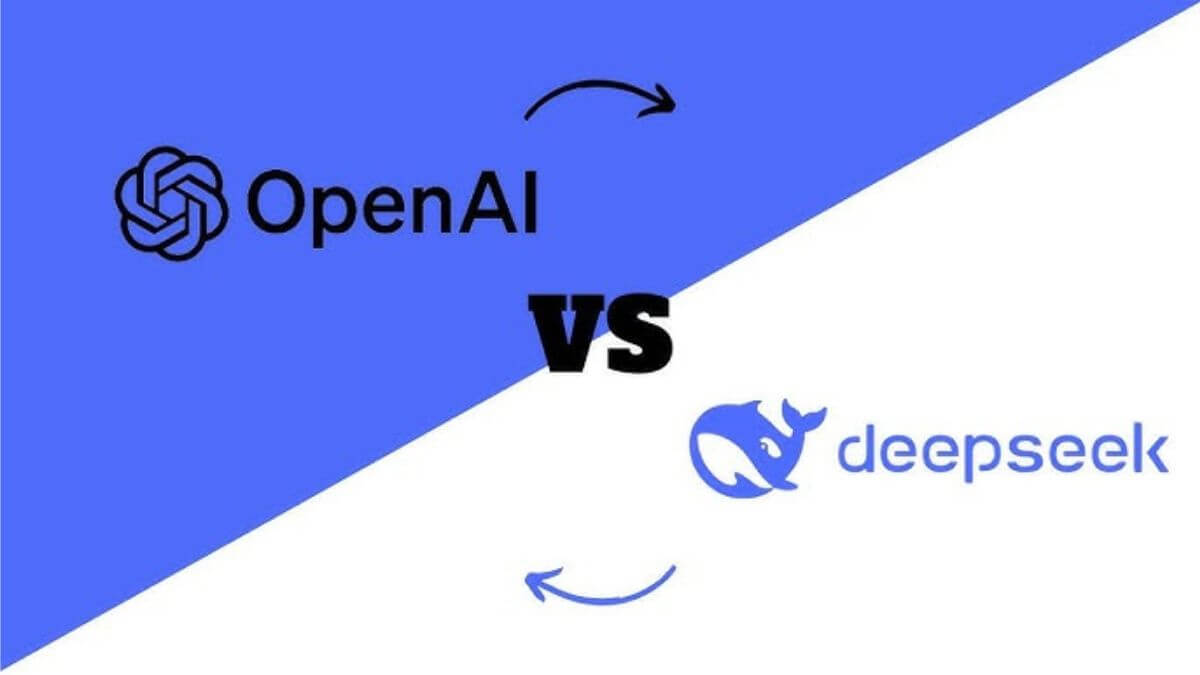




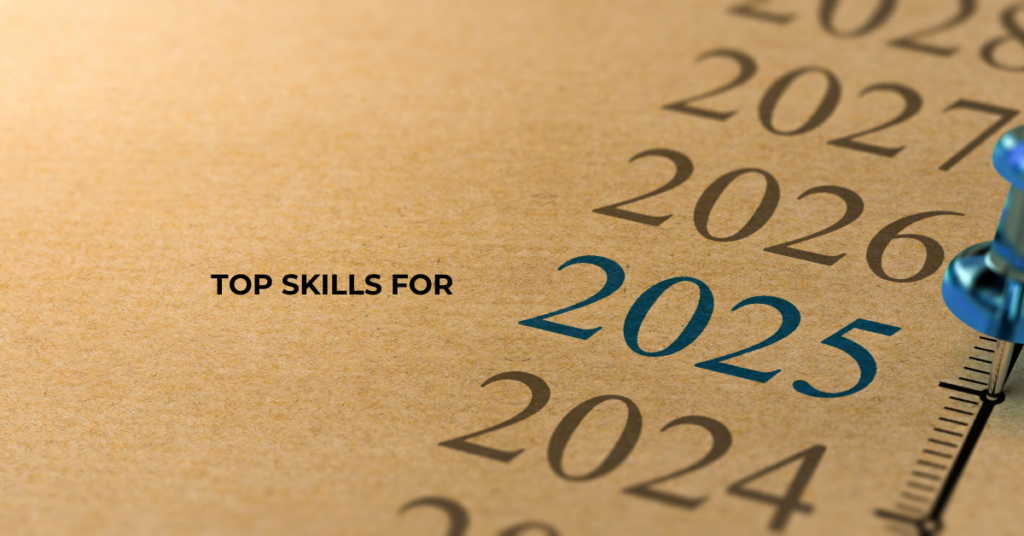












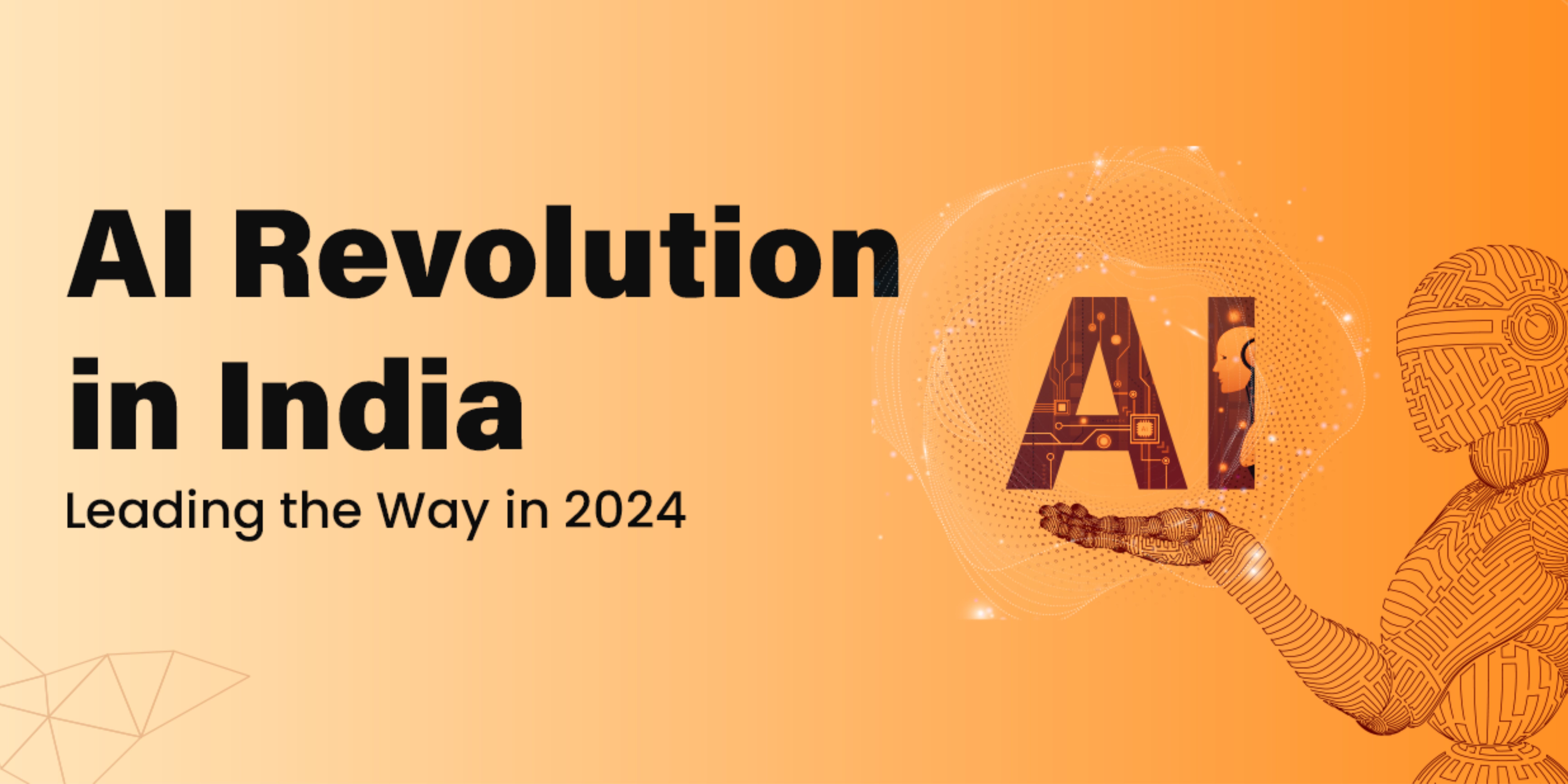

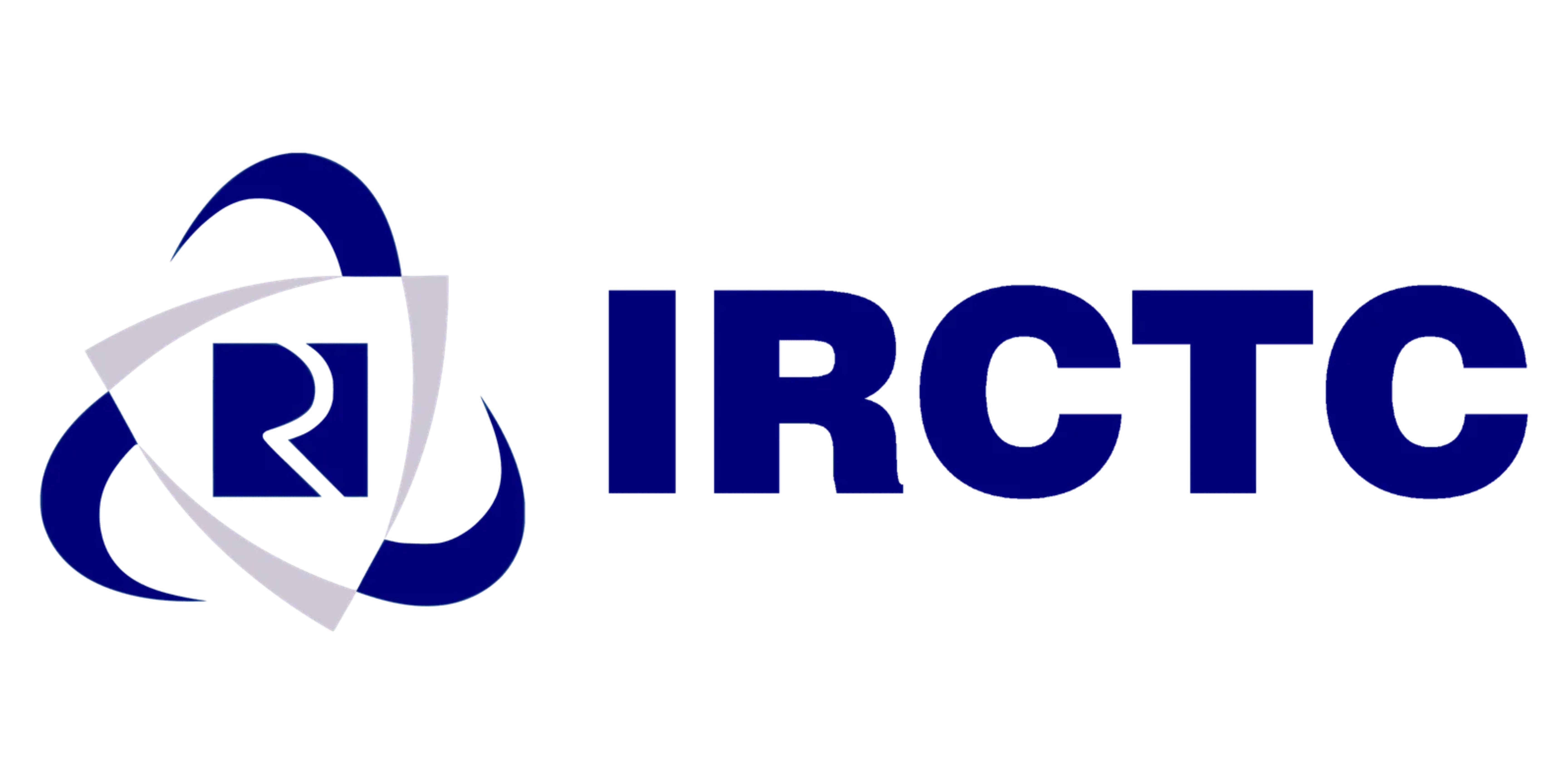

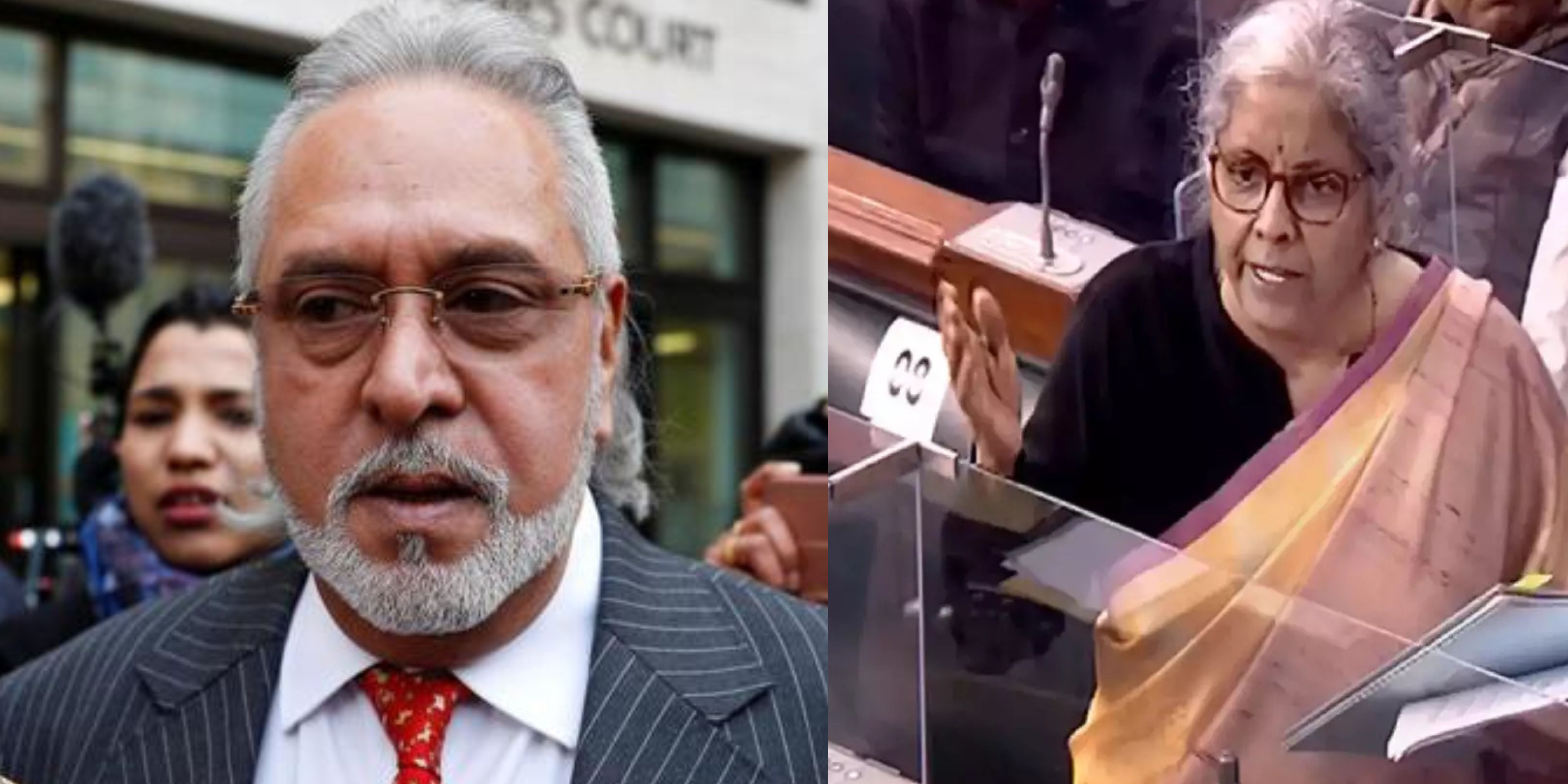









.jfif)
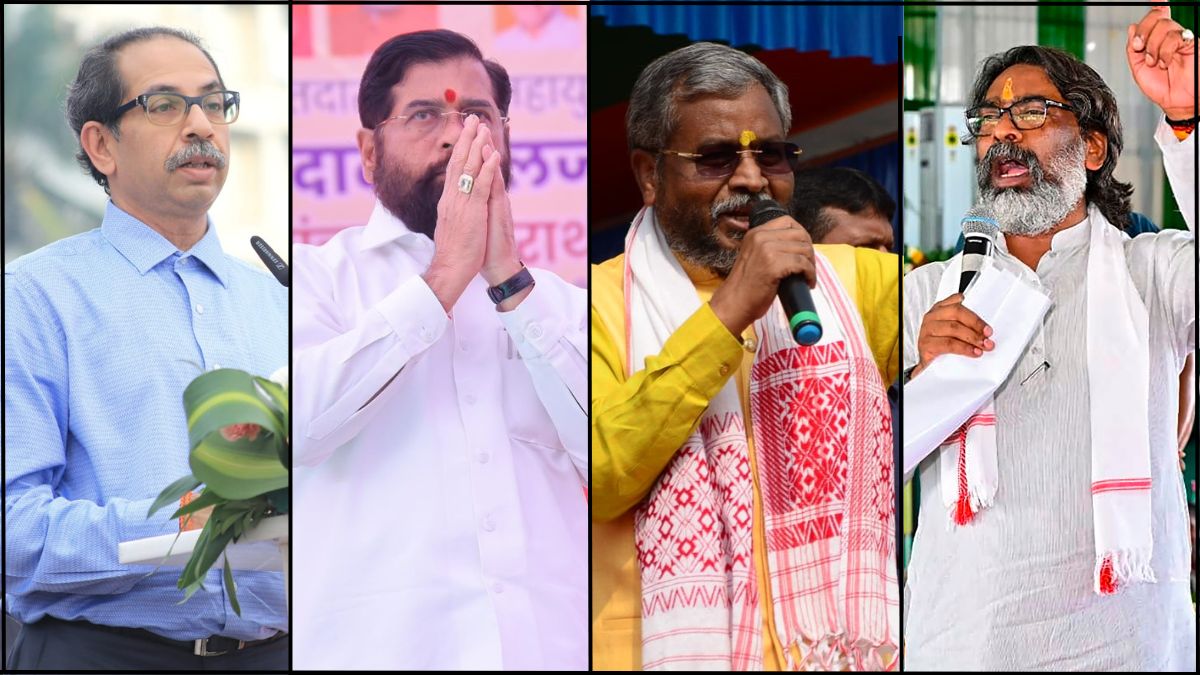
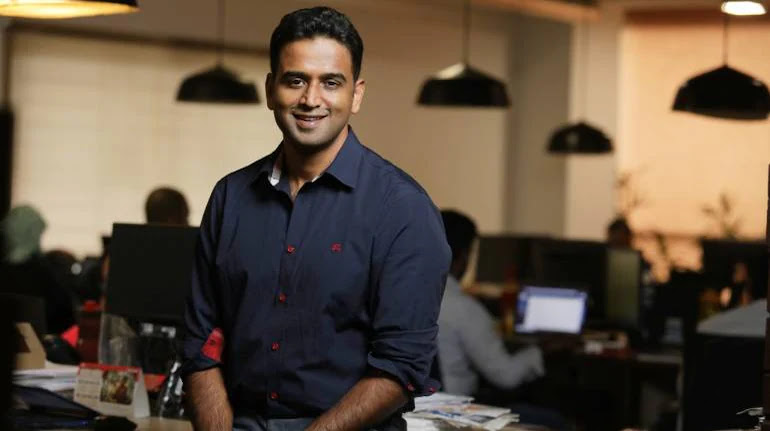
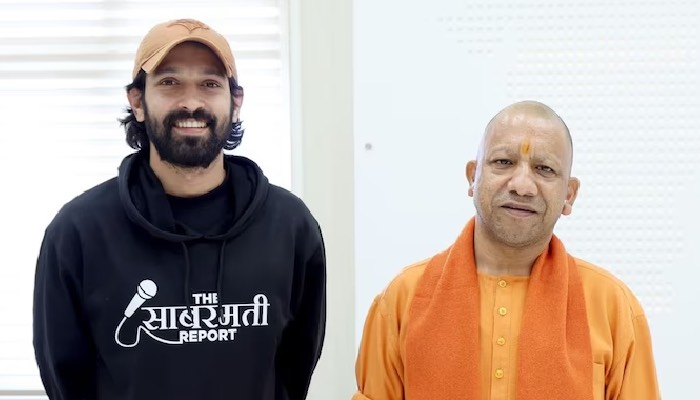
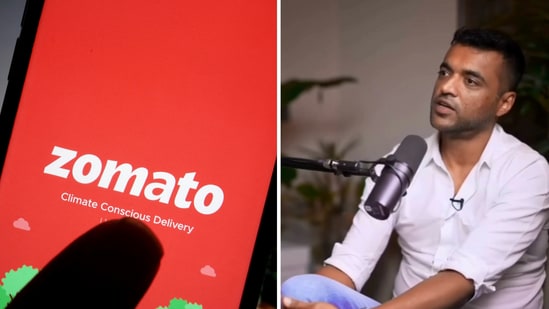
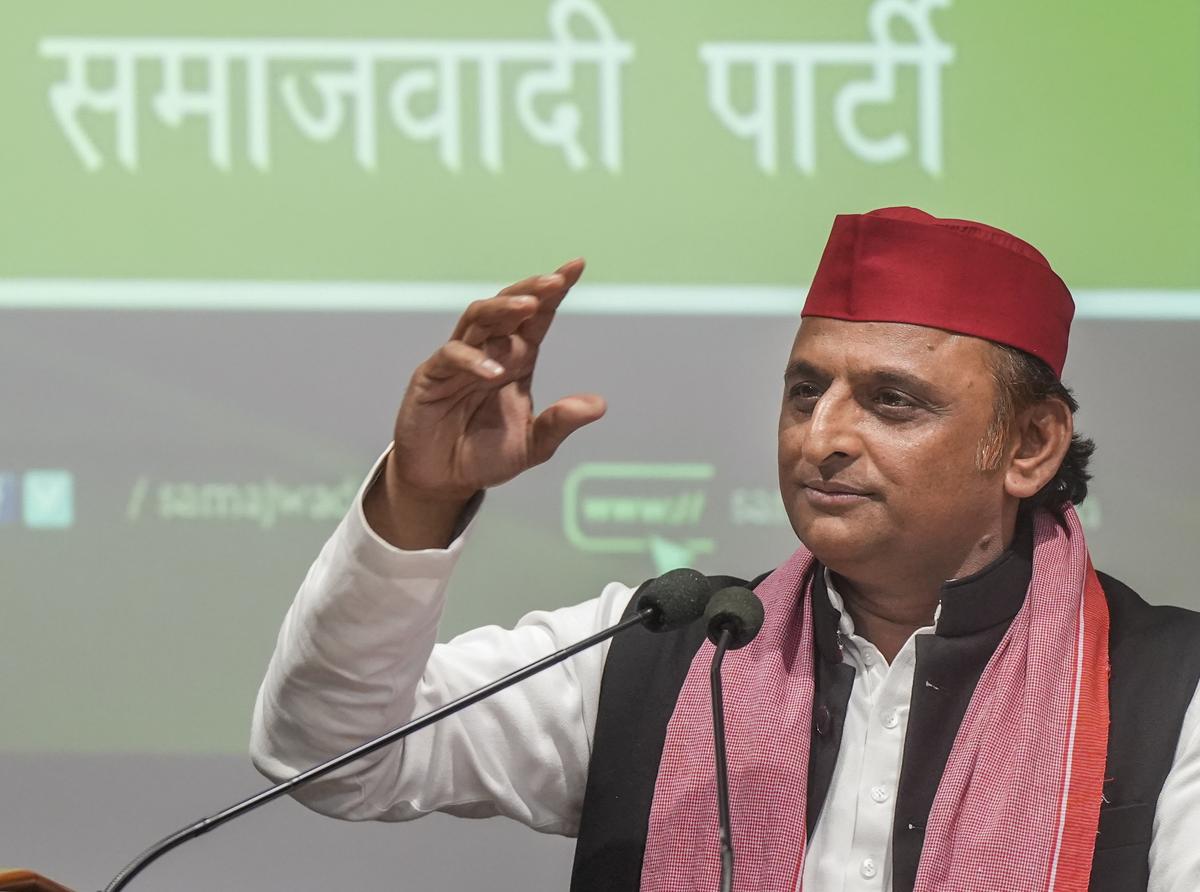



.jpg)



































































































.png)
 (1).png)























